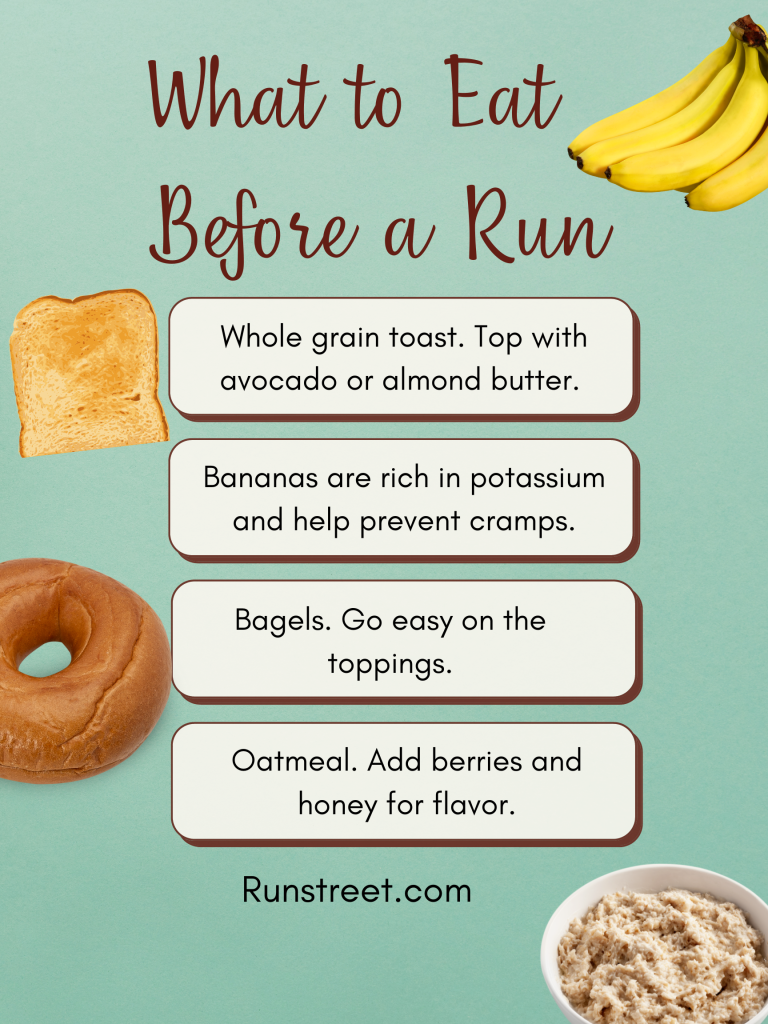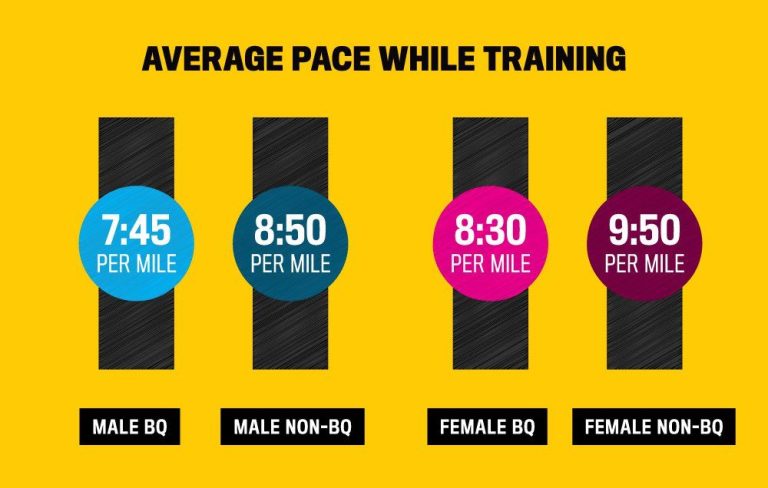Is It Safe to Run a Marathon With High Blood Pressure
It is not safe to run a marathon with high blood pressure without medical clearance. High blood pressure increases the risk of cardiovascular complications during intense exercise.
Running a marathon with uncontrolled hypertension can be dangerous and may result in serious health issues. Seeking approval from a healthcare provider is crucial before engaging in strenuous physical activities to ensure safety and minimize potential risks associated with high blood pressure.
Understanding the impact of exercise on blood pressure levels is essential for individuals managing this condition to make informed decisions about participating in endurance events like marathons. Prioritizing health and well-being should always take precedence over athletic pursuits when dealing with medical conditions like high blood pressure.

Credit: www.ucl.ac.uk
Understanding High Blood Pressure
High blood pressure, also known as hypertension, is a common condition in which the force of the blood against the walls of the arteries is consistently too high. This can lead to serious health issues, including an increased risk of heart disease, stroke, and kidney problems. Understanding the causes and risks associated with high blood pressure is crucial for managing the condition, especially for individuals considering running a marathon with this health concern.
Causes Of High Blood Pressure
Several factors can contribute to high blood pressure, including:
- Excessive salt consumption
- Genetics and family history
- Obesity or being overweight
- Physical inactivity
- Stress and anxiety
Risks Associated With High Blood Pressure
High blood pressure can lead to various risks such as:
- Risk of heart attack and stroke
- Damage to the arteries and organs
- Kidney problems
- Vision loss
- Cognitive decline
Effects Of Marathon Running
The effects of marathon running on individuals with high blood pressure can vary significantly. It is crucial to understand the impact of such physical activity, especially on those with cardiovascular conditions. The following sections will delve into the cardiovascular benefits and physical stress on the body that marathon running entails.
Cardiovascular Benefits
- Improved heart function and increased circulation
- Enhanced blood vessel flexibility and lower resting heart rate
- Decreased risk of heart disease and stroke
Physical Stress On The Body
- Elevated blood pressure during the race
- Strain on the heart and potential for cardiac events
- Possible dehydration and electrolyte imbalances
Impact Of High Blood Pressure On Marathon Running
High blood pressure can significantly impact marathon running, posing risks and challenges for runners with this condition. In order to safely participate in a marathon with high blood pressure, it is important to understand the implications and take necessary steps to manage it during the race.
Risks And Complications
- Increased risk of heart attack or stroke
- Elevated strain on the heart during intense exercise
- Potential for irregular heart rhythms
Tips For Managing High Blood Pressure During A Marathon
- Maintain regular communication with your healthcare provider
- Monitor your blood pressure before, during, and after the race
- Stay properly hydrated and avoid excessive caffeine intake
- Incorporate a gradual warm-up and cool-down routine
- Avoid overexertion and listen to your body’s signals
Preparation And Training
Preparation and Training are crucial for individuals with high blood pressure who plan to run a marathon. Proper planning and careful consideration of one’s health condition can significantly impact the overall success and safety of participating in such an endurance event. In this section, we will discuss the essential aspects of preparation and training for individuals with high blood pressure aiming to run a marathon.
Consultation With A Healthcare Professional
Before embarking on a marathon training program, it is imperative to consult with a healthcare professional, particularly if you have high blood pressure. Discussing your intention to run a marathon with your doctor will help [identify](https://www.yourwebsite.com/high-blood-pressure-implications) any potential risks or concerns related to your health condition. This consultation is crucial in determining whether it is safe for you to engage in a rigorous endurance activity such as marathon running.
Developing A Training Plan
Developing a tailored training plan is essential for individuals with high blood pressure who aspire to run a marathon. Consulting with a professional trainer or coach can aid in creating a training program that considers your specific health needs. The training plan should prioritize gradual progression and include adequate rest periods to prevent excessive strain on the cardiovascular system.
Monitoring And Managing Blood Pressure
Monitoring and managing blood pressure is crucial when it comes to running a marathon with high blood pressure. Regular blood pressure check-ups, nutrition and medication management play a significant role in ensuring the safety and well-being of individuals with hypertension. Let’s dive deeper into each aspect:
Regular Blood Pressure Check-ups
Regular blood pressure check-ups are essential for individuals with high blood pressure, especially those planning to participate in a marathon. These check-ups help monitor blood pressure levels and identify any fluctuations that may impact health and performance. It is recommended to visit a healthcare professional at least once every three months for a thorough examination and monitoring of blood pressure.
Nutrition And Medication Management
Proper nutrition and medication management are key factors in maintaining blood pressure levels within a safe range while training for a marathon. A well-balanced diet rich in fruits, vegetables, whole grains, and lean proteins can provide essential nutrients and promote overall cardiovascular health. Additionally, individuals with high blood pressure may need to limit their intake of sodium, saturated fats, and processed foods, as these can worsen blood pressure levels.
In terms of medication management, it is important to adhere to the prescribed treatment plan provided by a healthcare professional. This may include taking medications such as beta-blockers or ACE inhibitors to help control blood pressure. It is crucial not to skip or alter the dosage of prescribed medications without consulting a healthcare professional.
Overall, by regularly monitoring blood pressure, ensuring proper nutrition, and effectively managing medications, individuals with high blood pressure can safely participate in marathons. Remember, always consult with a healthcare professional to develop a personalized plan that suits your specific needs and goals.

Credit: scopeblog.stanford.edu

Credit: www.livestrong.com
Frequently Asked Questions For Is It Safe To Run A Marathon With High Blood Pressure
What Blood Pressure Is Too High When Running?
High blood pressure during running is typically considered above 180/120 mmHg. It’s vital to monitor your blood pressure before, during, and after exercise to avoid potential health risks. Consult with your healthcare professional for personalized guidance.
What Is The Max Blood Pressure While Running?
The maximum blood pressure while running varies, but it can reach around 200/100 mmHg for some individuals. It’s important to monitor and manage high blood pressure during physical activity to reduce the risk of complications. Regular exercise and a healthy lifestyle can help control blood pressure levels.
Does Running Spike Blood Pressure?
Running may temporarily spike blood pressure due to increased physical exertion, but regular exercise can help lower overall blood pressure levels. It is important to consult a healthcare professional before starting any new exercise routine, especially if you have existing health concerns.
Conclusion
Running a marathon with high blood pressure can be safe if properly managed. Consult with your healthcare professional to create a personalized plan. Monitoring your blood pressure regularly and making necessary lifestyle changes can help ensure a safe and enjoyable marathon experience.
Remember to prioritize your health and well-being.







